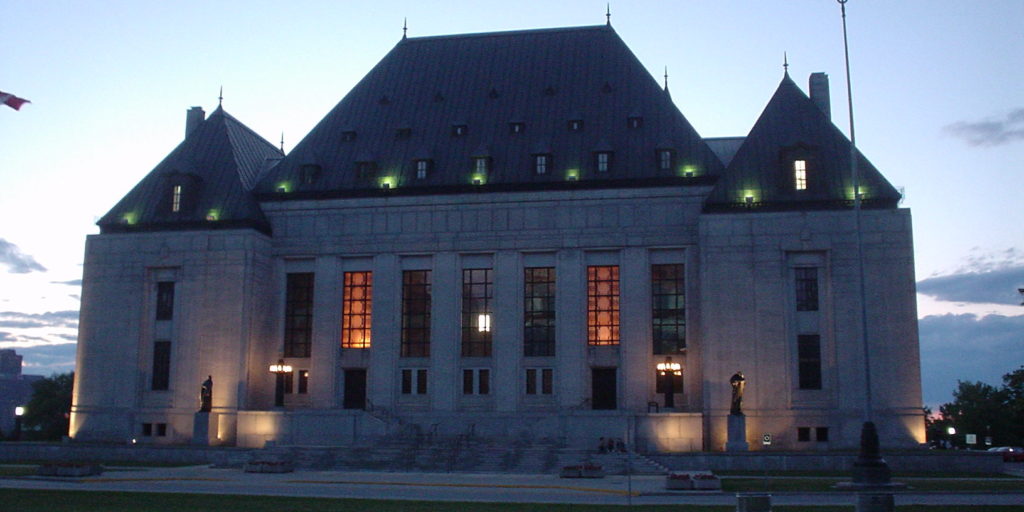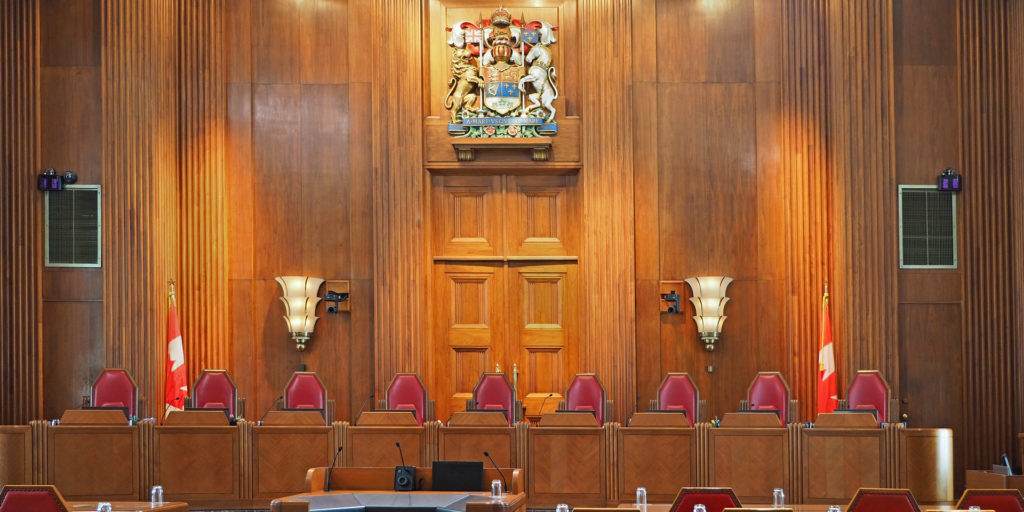Truckers’ protest and cybercrimes highlighted the year in criminal law
Ottawa criminal lawyer Céline Dostaler, principal at Céline Dostler Criminal Defence Lawyer, opened the year by discussing what traits people should look for when choosing legal counsel. What qualities should you look for when choosing a lawyer Dostaler followed that up by noting that lawyers and their clients must develop trust in each other. The […]
Truckers’ protest and cybercrimes highlighted the year in criminal law Read More »










